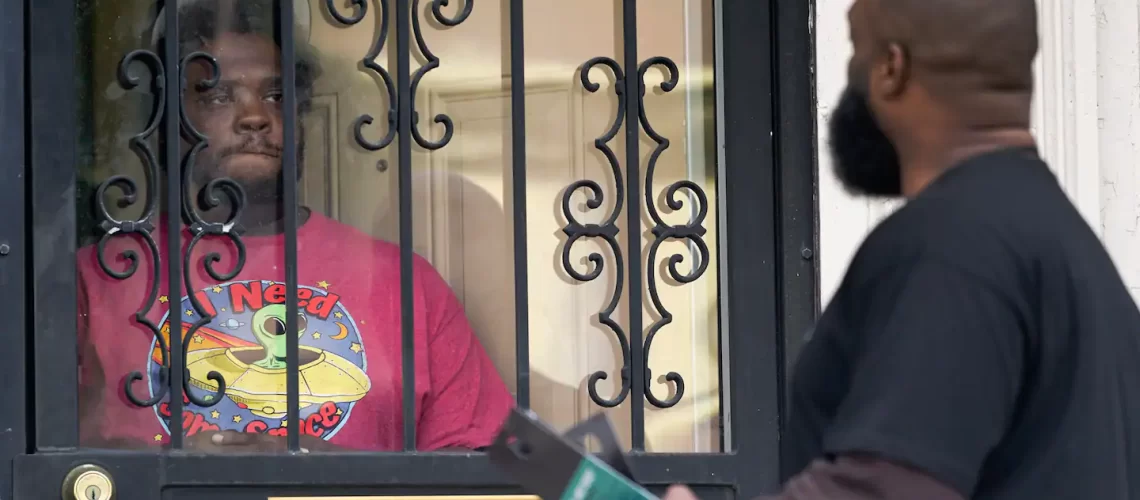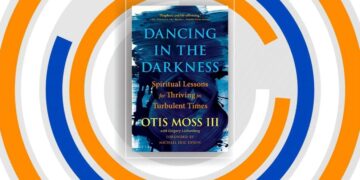In the 1810s, John Kizell, a formerly enslaved South Carolinian and Sierra Leone settler, exchanged numerous letters with William Allen, a British chemist, about the region’s soil, climate, topography and indigenous medicines: “I have sent you three specimens of medicine which you will accept as from a Friend,” Kizell wrote to Allen in July 1812. All of this helped abolitionists prove — with scientific evidence — that there were viable alternatives to plantations worked by enslaved people.
Source






